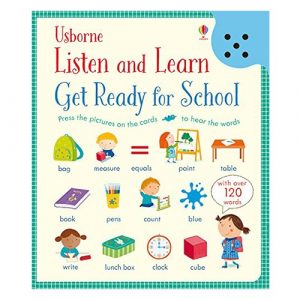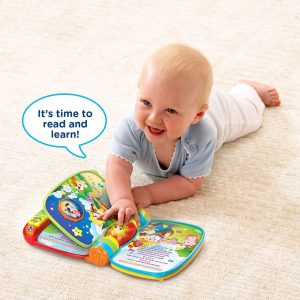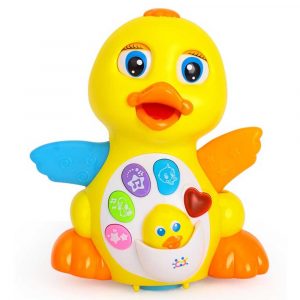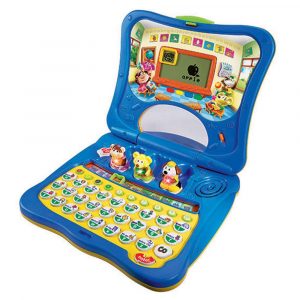Over the past years, there has been an increase in the awareness of Auditory Processing Disorder (APD), especially at schools. Many children have thus been misdiagnosed with APD due to many misconceptions and misinformation.
What is Auditory Processing Disorder?
Auditory Processing Disorder is the process in which the brain uses information that the ears have heard (ie: auditory information). Due to the central nervous system also been part of memory, attention and language, these components all work together to assist with the processing and use of auditory information and thus play a part in Auditory Processing.
APD is not a result hearing loss, higher order cognitive or language related difficulties, and disorders such as Autism and ADD/ADHD cannot be related to APD. It is thus important to note that the actual neural pathway of the child is intact, and thus the before mentioned disorders are different to Auditory Processing Disorder
A team approach is thus needed when assessing if the child has APD. The child’s school teachers would need to provide information regarding their academic performance, an educational psychologist assesses the child’s cognitive functioning, an audiologist will assess the child’s hearing ability and a speech and language therapist (SLP) will assess speech skills, language development and processing abilities of auditory information. Once APD has been diagnosed.
The SLP will begin therapy focusing on the following three main areas:
- Making adaptations to the child’s learning and communication environment.
- Teaching the child to use their higher order skills to assist and compensate for their difficulties with processing auditory information.
- Remediation of the auditory deficit itself.
If there are any further requirements to assist the child, these will be based on the individual’s needs and discussed with both the child’s parents and their teacher.
Here are some recommended products that can help with dealing with this disorder, and that you can find on Mumzworld.
For more on children development check out:
How positive language development impacts your toddler’s development











